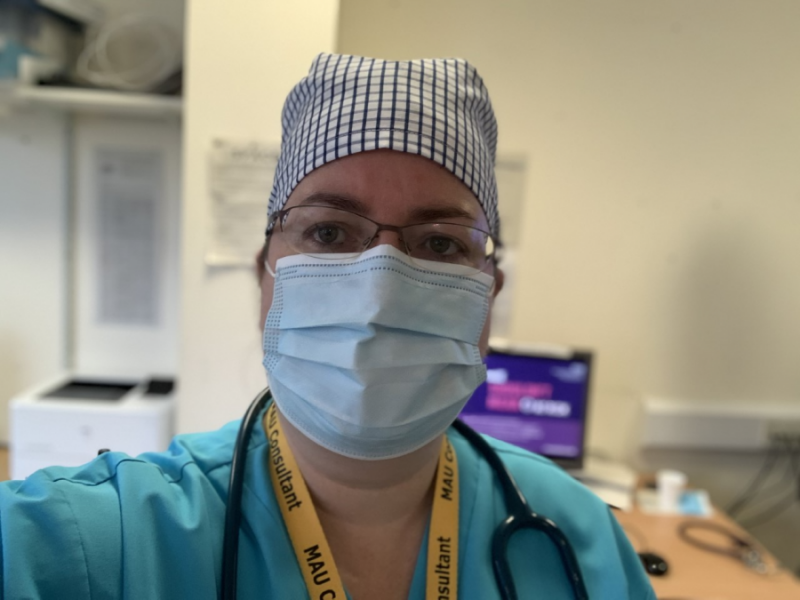
June 28, 2020, by mszrm4
Studying on the front line
If you are interested in studying on the Medical Education course here at University of Nottingham: Click here for details on how to apply to start in September 2020.
The Nottingham Academic Medical Education team held their interim Exam Board recently. Our Master’s degree in Medical Education has around 100 ‘students’ and, as we looked over each one’s progress, it dawned on me once again what an amazing group of people we are privileged to teach.
The vast majority of our ‘students’ are full time healthcare professionals, mostly doctors, but also paramedics, therapists, nurses, healthcare scientists and the occasional veterinarian. Some are at the start of their careers and in a temporary teaching fellow post. Some are experienced educators already, working as senior professionals responsible for teaching and assessing medical students and postgraduate trainees. Most take our course part time, booking study leave from their employer to participate in teaching days, and they juggle reading and assignments in their spare evenings and weekends, often while looking after children and managing other commitments – including night shifts and weekends.
Why would such busy people take on studying a Master’s degree in Medical Education? Teaching, learning and assessing are part and parcel of our work in the NHS. It’s vital for patient safety. So, it’s no surprise that people who find themselves in the position of being educators want to learn how to do it better.
When the Coronavirus pandemic hit, many of our ‘students’ had all their leave cancelled and were redeployed to the front line if they were not there already. Most teaching fellows became full time clinicians again. Some became single parents as spouses split up to protect shielded loved ones. Our ‘students’ found themselves in Intensive Care Units, COVID-19 palliative care wards, assessment units and Emergency Departments. Some got ill. Understandably, some of them took a voluntary interruption of studies. But many (to our amazement) carried on studying! Their individual stories are humbling.
You might wonder why this blog puts the word ‘student’ in inverted commas. That’s because we like to call them scholars in recognition of the fact that they are already learned professionals. One education institution came up with this definition:
‘A student can be described as a learner, especially one enrolled in a school or college, whereas a scholar denotes a learned person with profound knowledge of any specific subject. They both can be used to define a person who attends a school or a college. A student can be described as a learner, who usually attains knowledge through teachers whereas a scholar is guided by other scholars in his or her field and also takes immense interest in conducting his studies and research independently.’
We think that this one small word confers the respect due to such an atypical group of people enrolled on a University course. Thank you to all our scholars studying on the front line.
Dr Cooper studied for her Masters in Med Ed part-time while also working full-time as a Consultant Physician, Educational Supervisor, and Training Programme Director.
No comments yet, fill out a comment to be the first

Leave a Reply